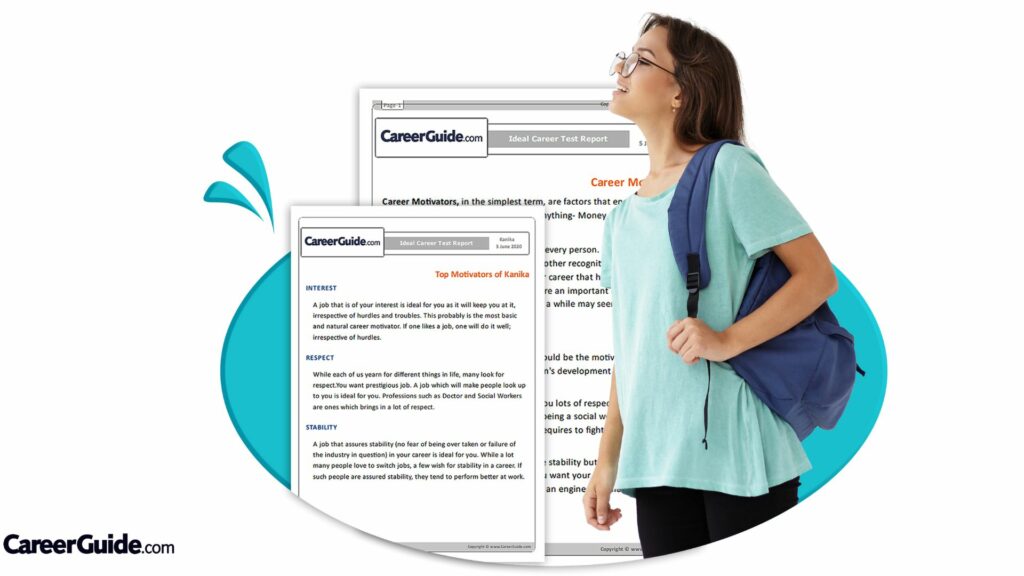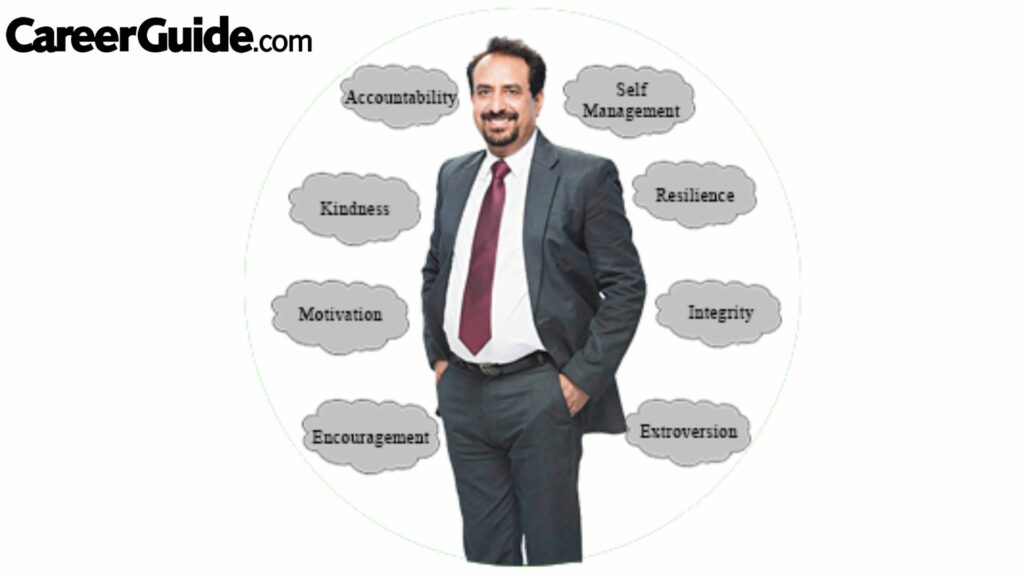Is it necessary to network in order to advance your career? Networking as a means of advancing one’s career is not a new concept. It’s possible that you’re already doing it without realising it. The issue isn’t with the concept, but with how it’s implemented. Here are many psychology test. We’ll try to figure out how to do it correctly in this post. So, this blog is all about “How to use profession network for a successful career?“.
By cultivating a strong professional network, you can gain valuable insights, support, and opportunities to advance your skill based career.
Take Psychometric Test
network of professionals
Professional networking isn’t about hounding people for jobs you’ve only met once. It is not about having a seamless conversation with all of your contacts. It’s not about emailing opportunities or introductions to individuals you’ve never met. It’s all about sustaining existing relationships and forging new ones.
Recognize Strong Bonds
You must be aware of the distinction between a transactional and an alliance-based connection. It is a transaction-based relationship when an entrepreneur pays a bookkeeper to maintain his business finances. An alliance-based relationship, on the other hand, is what you and your coworkers have. Professional skill connections are formed during work, not at business gatherings or cocktail parties. Keep in mind that the people you work with are your allies. This could be your employer, whom you frequently seek guidance from. This could be a coworker with whom you collaborate on a project.
Take Psychometric Test
How to Use Your Professional Network for a Successful Career?
Your immediate circle of friends isn’t the only one. While you may have deep interactions with only a few people, you are almost certain to have a large number of connections on a broad scale. Alumni you meet at events, business associates you meet at events, or anyone connected to your professional world could be among them. The people immediately outside your inner circle are the ones you only see and engage with on a regular basis, but with whom you are friendly. These are your acquaintances, not your alliances. Maintaining relationships with these contacts is a smart idea. Focus on the diversity of these contacts rather than the quantity when making them. If he or she works in a related, or even unrelated, business, you might be able to benefit from professional interaction. These contacts are frequently the ones that provide critical information or opportunities that will benefit your profession career.
Create a Healthy Equilibrium
A good professional network is defined not by the number of contacts you have, but by the quality of those contacts. You must strike the correct balance between a few strong professional connections in your field and a variety of valuable, friendly contacts from various fields. What role does this balance play in your professional life? While your direct connections help you increase your position in the industry specialty where you work, your indirect connections help you learn about career chances in other industries. This increases your chances of advancement in your current position as well as greater opportunities.
Take Psychometric Test
Recognize the Value of Recommendations
Another incentive to improve your existing partnerships is to take advantage of any recommendations or introductions they may be able to supply. When you apply for a new job or want to shift careers, a recommendation from an ex-boss or a senior might be really helpful. To identify a qualified candidate, a recruiter must sift through thousands of resumes each day. If your resume is just another one in the stack, you might not get the results you want. A recommendation, on the other hand, may have a significant impact on the outcome. In order to increase your prospects of career success, you’ll need a solid introduction. It may be easier to create trust if you know someone who can introduce you to someone they know who knows someone you need to know. Surprisingly, in such cases, it is frequently the diverse larger linkages that come into play.
Give in order to receive
This is a really difficult task! While it’s crucial to recognise others’ needs and assist them wherever feasible, you don’t have to be a saint to do so. You must realise that in order for a relationship to grow, you must take care of it. If you don’t back up a close ally when they need it, they might not be there for you when you need it. A little assistance with a presentation, a little tolerance while listening to their woes, a little dispute resolution counsel – it’s the little things you do on a regular basis that add up to a wonderful professional network. To strengthen your alliances, concentrate on what you can do for the people in your immediate professional circle. To maintain the correct balance in your network, pay attention to how often you communicate with people in your larger professional circle. You may use your professional network to advance your career if you know how to do it correctly.
Take Psychometric Test
Skill Based Career Test for 9th
There are a few types of skill-based career tests for 9th available online that can be taken by 9th-grade students. These tests evaluate a student’s abilities in areas such as communication, problem-solving, creativity, teamwork, and critical thinking. They can also help students identify their personality type, values, and interests.Once the results of the test are obtained, students can use them to explore various career options that align with their skills and interests. For instance, a student who scores high in creativity and problem-solving may be interested in pursuing a career in graphic design or computer programming.
Take Psychometric Test
The term “Educator’s Professional Skill” refers to the set of competencies, knowledge, and abilities that are required for individuals working in the field of education. Educators include teachers, professors, trainers, and instructors, among others, who work in a variety of educational settings, including schools, universities, training centers, and corporate settings.
The specific professional skills that are necessary for educators will depend on their area of expertise and the level at which they work. For example, an elementary school teacher will require different skills than a college professor, and a corporate trainer will require different skills than a public school teacher.



















